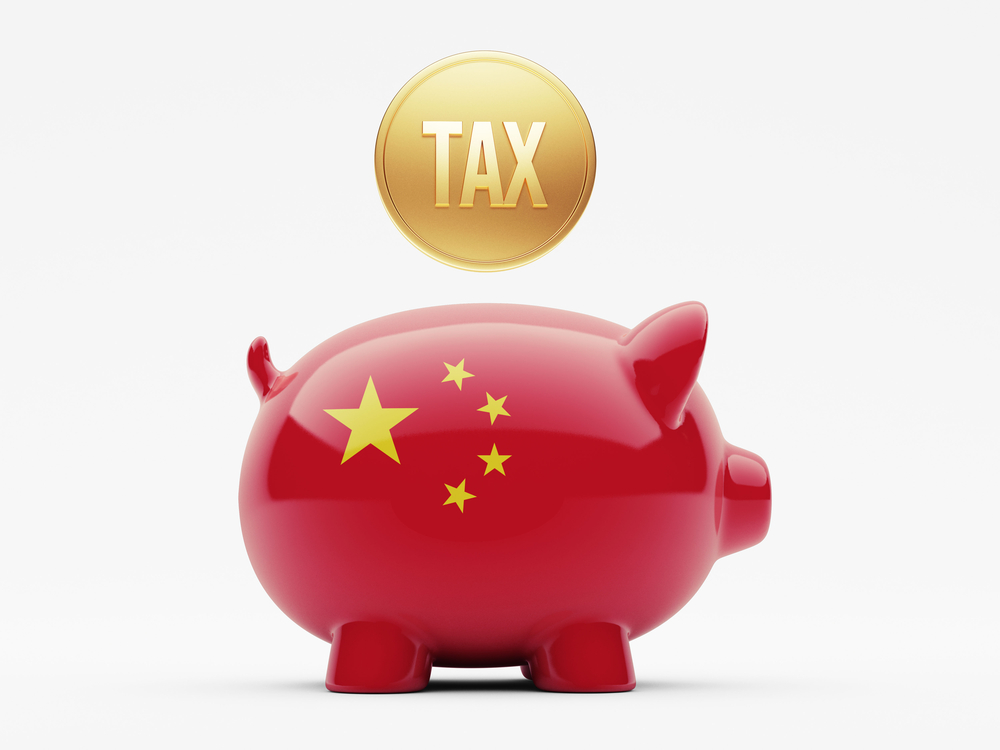Now is not the Time to Practice Corporate Tax Avoidance in China

Please note that we are not authorised to provide any investment advice. The content on this page is for information purposes only.
China’s tax authority announced in February 2015 monitoring multinational firms more closely in an effort to crack down on tax avoidance. The policy is part of the Base Erosion and Profit Shifting project, which is a collective effort of G20 countries to curb tax avoidance by multinational firms. There is some concern about whether the policy will work in China, given current levels of corruption and ineffective regulations. In this context, China’s ongoing efforts to weed out corruption mean the policy has more chance of success.
China’s tax authority announced in February 2015 monitoring multinational firms more closely in an effort to crack down on tax avoidance. The policy is part of the Base Erosion and Profit Shifting project, which is a collective effort of G20 countries to curb tax avoidance by multinational firms. There is some concern about whether the policy will work in China, given current levels of corruption and ineffective regulations. In this context, China’s ongoing efforts to weed out corruption mean the policy has more chance of success.
The China Development Forum was held 21-23 March 2015. It provided a platform for China’s government agencies and business sector to create business and policy exchanges with multinational companies in various fields that impact the economy. (Photo: AAP)
Corporate taxation is an increasingly important source of tax revenue in China. From 2002–13, corporate income tax revenue increased from RMB308.3 billion (US$49.2 billion) to RMB2.2 trillion (US$357.5 billion). This represents an increase in its share of total tax revenue from about 17 per cent to 20 per cent. The total illicit financial outflow from China to tax havens was estimated to be US$64.4 billion in 2003. By 2012 it had nearly quadrupled to US$249.57 billion. The total over that time period is US$1.25 trillion, which was the highest among developing countries.
Based on these startling trends, one might expect that a new policy that promises to crack down on corporate tax avoidance will have little chance of success. But the figures also highlight how much there is for the Chinese government to gain from increased oversight. When combined with other initiatives, the policy is likely to work based on the following reasons.
A recent study by the author shows that fighting government corruption in China can lead to higher tax collection rates. The study uses all manufacturing firms with more than RMB5 million (US$0.8 million) operated in China, to show that firms tend to avoid more taxes in provinces that are more corrupt. If the increased monitoring is implemented without a corresponding effort to fight corruption then it will likely be less effective. If firms could avoid taxes before, they will still be able to avoid them in the future — regardless of any additional monitoring — if officials still accept bribes. But fighting corruption is currently at the top of the agenda for the current Chinese administration. This means that success in curbing corruption could lead the tax avoidance rate to decline.
Another concern is the overall ineffectiveness of China’s regulatory environment. While this is certainly an issue, there are some recent signs that regulations are being more strictly enforced. These examples can help us picture the effectiveness of a crackdown on tax avoidance. For example, China’s antitrust law, which is enforced by the State Administration of Industrial and Commerce, National Development and Reform Commission, and the Ministry of Commerce, also deals with multinational firms. Therefore, the implementation of antitrust law can shed some light on how tighter monitoring of foreign firms might affect their tax avoidance. The number of firms punished for antitrust violations has increased sharply over the past two years since the corruption crackdown began. The corruption crackdown is leading to a knock on effect on more effective regulators in other areas, which could also be the case for the tax authorities and local governments. This will in turn help the crackdown on tax avoidance.
If efforts to fight corruption work, there is reason to believe that the crackdown on tax avoidance will also succeed. Officials who face a higher probability of being caught themselves will be less likely to accept bribes from firms looking to avoid taxes. Without the benefits of bribes there is no incentive for officials to allow the current levels of tax avoidance to persist. So the renewed effort to fight corruption means that the stricter monitoring policy is more likely to succeed.
How China’s corruption crackdown can fight corporate tax avoidance is republished with permission from East Asia Forum




